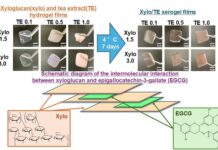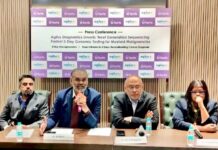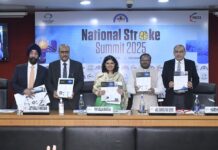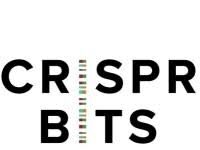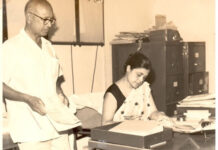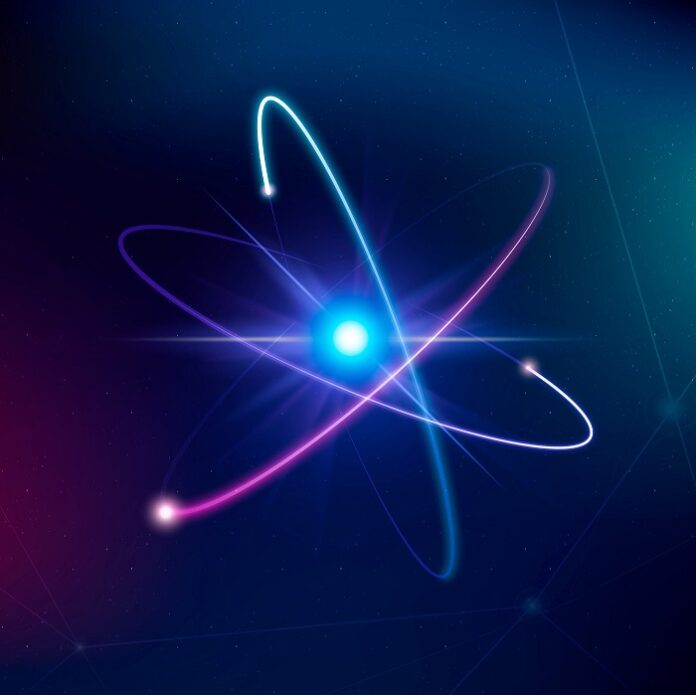The Tata Memorial Centre (TMC) is set to initiate in-house research projects aimed at maximizing the use of proton beam therapy, an advanced radiation treatment, for both pediatric and adult cancers. TMC’s Advanced Centre for Treatment Research & Education in Cancer (ACTREC) will collaborate with global researchers for these projects, according to an official statement on Thursday.
Marking the one-year anniversary of the proton therapy facility at TMC, Professor Siddhartha Laskar, Deputy Director (Academics and Proton Therapy), highlighted that 15-20% of radiation therapy patients could potentially benefit from proton beam therapy. This treatment, which uses high-energy protons to target cancer cells with minimal side effects, could also benefit around 4,000 of the 60,000 children diagnosed with cancer in India each year. A larger number of adult patients are also expected to benefit from this cutting-edge technology.
While the cost of proton beam therapy in the U.S. ranges from USD 150,000 to 250,000 (Rs 1 crore to Rs 1.5 crore), the availability of this therapy at TMC has made it more accessible to patients across India and neighboring countries. The treatment has been offered to both paying and non-paying patients in a 40:60 ratio, Prof. Laskar noted.
With the increasing global adoption of particle therapy for cancer treatment, TMC plans to conduct focused research to assess its effectiveness. This will involve generating high-quality scientific evidence to better define proton therapy’s use in both adults and children. TMC will also collaborate with international researchers to further enhance the knowledge base.
As reported by health.economictimes.indiatimes, over the past year, 119 patients have been treated at TMC’s proton therapy unit, with 62% in the general category and 38% in private. Twenty-eight patients received treatment free of charge through the hospital’s Patient Welfare Funds or Corporate Social Responsibility (CSR) support. Additionally, 18% of patients treated were children.
The most commonly treated conditions included bone tumors (32%), central nervous system cancers (29%), and head and neck cancers (14%). Treatments for very young children requiring anesthesia will soon begin. All patients have been carefully evaluated to ensure optimal outcomes with minimal side effects, Prof. Laskar added.






